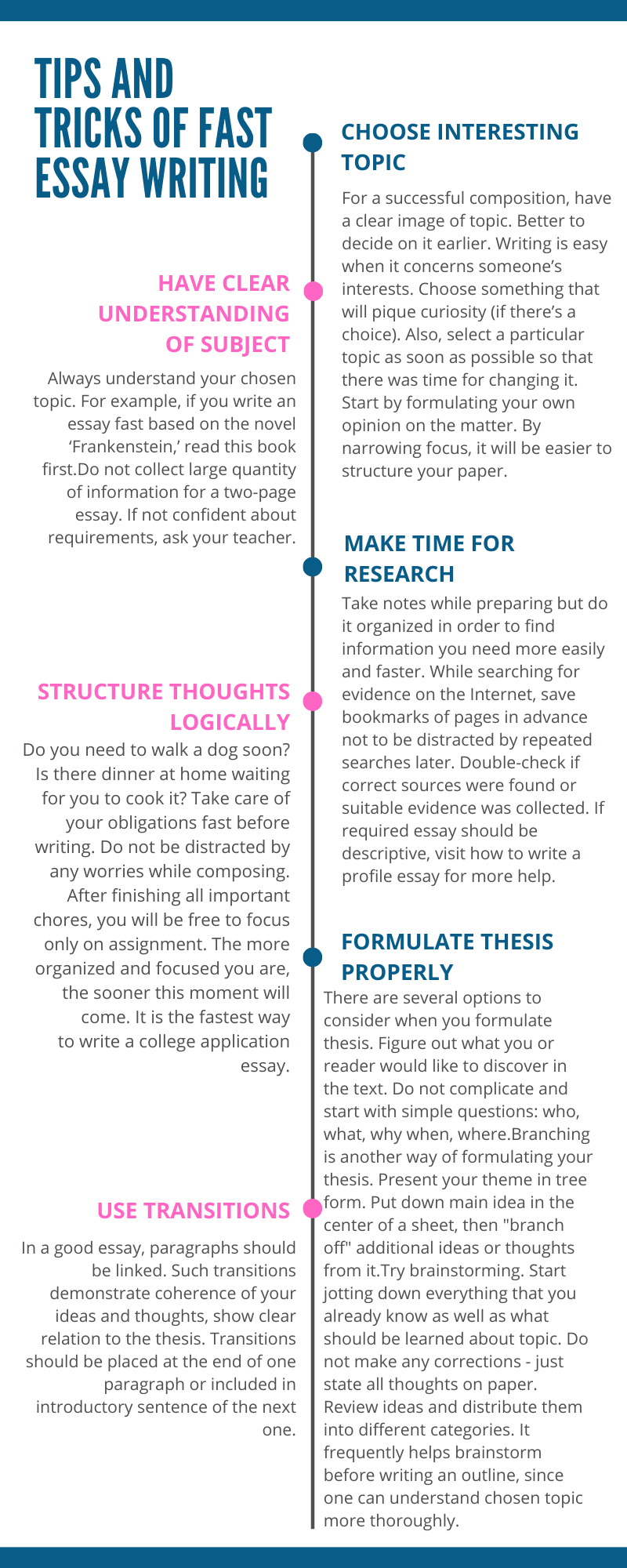Does testing help you learn? We all know that tests are a form of assessment, but is it really a good learning tool? This article will discuss the effectiveness of tests in the learning process. The effects of cramming and self-testing are discussed. The effects of tests on learning are numerous, but one method in particular stands out. Here are some of the reasons why testing can help you learn:
Tests can be an effective way to learn
Is testing beneficial? Yes and no. Various psychological studies have examined the relationship between testing and learning. Students do well when given multiple opportunities to practice. Students who feel they can improve are more engaged with their work. In addition, students who feel they can improve will perform better on tests if they are provided feedback. However, many students are reluctant to take tests. Listed below are three ways to determine if tests help students learn.
Tests and other assessments are effective for gauging student performance and providing feedback. In many ways, tests are valuable educational tools because they help teachers assess student learning. They provide both theoretical and practical feedback. Tests are also useful tools to help instructors design curricula and guide students’ study habits. But no single list of recommended testing practices is the best for every classroom. Research from cognitive psychology supports the notion that tests are beneficial to student learning.
They are a form of assessment
What is the difference between assessment and testing? Assessment and testing are often used interchangeably, but there are important differences between the two. The word ‘assessment’ derives from the French verb ‘évaluer,’ which means ‘to form an idea about, or give judgment about’ – from the Latin term ‘valere’, which means ‘to be strong and well.’ The main difference between the two types of assessment lies in the purposes that they serve.
Several types of tests are administered to measure student learning. They measure progress in learning, and are used to evaluate educational programs. Students often take these tests to determine their progress toward their improvement goals. These tests also serve as admission requirements for higher education. However, there are numerous variations among tests, and a single test may not accurately represent a student’s skills and learning. In any case, it is necessary to choose the right one for the student to meet their educational goals.
They promote a culture of self-learning
Companies that promote a culture of self-learning do a number of things to make it a more successful place to work. First, they recognize that a culture of learning is not a product of a particular product or service, but rather an underlying characteristic of the company. These companies know that squeezing education into a predefined box leads to a lack of a culture of self-learning.
In order to achieve this, learning and development programs must be strategically implemented and communicated to the entire company. This top-down approach ensures success throughout the organization. Then they must be evangelized throughout the organization and communicated widely, which accelerates their viral nature. Secondly, companies must ensure that employees understand the role of self-learning in their company and how it benefits them. In other words, they must understand the role and responsibilities of all employees in the organization.
They promote a culture of cramming
Many educators still rely on the same old, superficial examination protocols. This is because they are easier to grade and compose, and they are objective on their own terms. Nevertheless, it does not necessarily improve learning. If educators continue to promote a culture of cramming for learning, they risk damaging students’ education. Thankfully, there are some solutions to this problem. Here are a few that will help you improve your test preparation.
Students cramming for exams are attempting to cover large amounts of material in a short period of time. This practice is common during exams, as many students try to finish reading and assignments too late. Unfortunately, they often only read part of the material, skimming, and hoping that they have learned enough to pass the test. Moreover, the material that they have studied may not be as useful as what they think it is.




